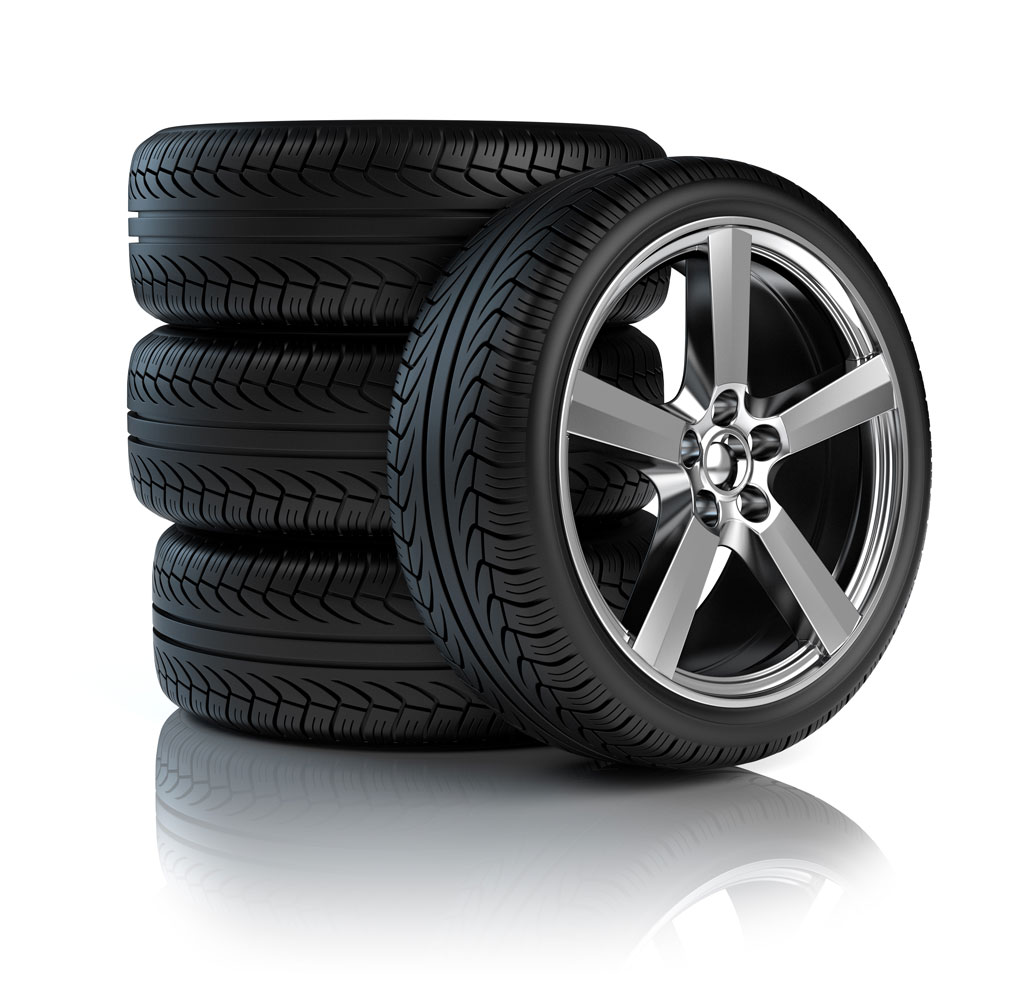Tire Solution: The Effect of Weather
When it pertains to guaranteeing optimum efficiency and safety when traveling, recognizing the impact of weather on tire solution is vital. From scorching warm to icy roads, each climate component can significantly affect tire capability and total driving experience. By diving into the impacts of varying weather on tires, chauffeurs can acquire beneficial understandings that might improve their lorry's performance and durability. In this conversation, we will certainly discover the intricate relationship in between weather condition conditions and tire solution, clarifying the relevance of weather-specific tire upkeep techniques and considerations.
Heat and Tire Efficiency
When exposed to high temperatures, tires experience changes in efficiency that can substantially affect car security and handling. The warm created from prolonged driving or heat problems triggers the tire rubber to soften, leading to decreased tread life and increased wear. As the rubber becomes softer, the tire's grip when driving decreases, impacting braking ranges and total traction. In extreme cases, too much warm can also trigger tire blowouts, posturing a serious security risk to the car and its passengers.

Winter Impacts
Cold climate conditions can have a considerable influence on tire efficiency and security. As temperatures drop, tire rubber can harden, resulting in reduced grip on icy or snow-covered roadways. In cold climate, tires may additionally shed atmospheric pressure more quickly, which can affect managing and gas effectiveness. Furthermore, cold temperatures can create tire sidewalls to stiffen, enhancing the threat of damages from pockets or various other road hazards.
To reduce the results of winter on tires, it is critical to frequently examine tire pressure and inflate them to the supplier's advised degrees. Using wintertime or all-season tires made for winter conditions can additionally boost grip and grip on icy or snowy roadways. Proper tire maintenance, including regular inspections for wear and damages, comes to be much more vital throughout chillier months to make certain optimal efficiency and safety and security.
Rainy Issues Influence
During rainy problems, tire performance and safety and security can be considerably affected by the damp road surface areas and decreased exposure. The tread pattern of tires plays a vital role in keeping traction on damp roadways. Tires with worn-out treads are a lot more susceptible to hydroplaning, where a layer of water develops between the road and the tire surface area, leading to loss of grip. To combat this, drivers need to consistently examine their tires for adequate tread deepness and think about buying tires specifically made for wet conditions.
In addition, stormy weather can also reduce presence, making it testing for vehicle drivers to see the road ahead plainly (GMC Tire Service). In such problems, it is vital to adjust driving speeds appropriately and preserve a secure following distance to permit sudden quits. Correctly filled with air tires can also assist in maintaining control on wet roadways by offering much better handling and grasp
Snow and Tire Security
Snow-covered roadways posture distinct challenges for vehicle drivers, stressing the significance of correct tire selection and upkeep. When driving in snowy problems, having the appropriate tires can make a considerable distinction in safety and security and performance. Wintertime tires are developed with unique rubber compounds and walk patterns to offer better traction on snow and ice compared to all-season tires. The much deeper treads and sipes of winter season tires assist grasp the roadway better, lowering the danger of sliding and slipping.

Additionally, drivers should consider setting up tire chains in extreme snowy problems. Tire chains provide additional grip by gripping check these guys out the snow and ice, boosting security and control. It is vital to adhere to manufacturer instructions when mounting and utilizing tire chains to stop damages to the tires and automobile (GMC Tire Service). By picking the best tires, maintaining appropriate rising cost of living, and taking into consideration extra grip aids like tire chains, motorists can enhance their safety and security when browsing snow-covered roadways.
Weather-Related Tire Maintenance
Weather-related tire maintenance encompasses an array see this website of practices intended at ensuring optimal tire function and long life in various weather condition circumstances. One key aspect of weather-related tire upkeep is tire pressure guideline. Checking tire walk on a regular basis and replacing tires when walk wear reaches a certain deepness is crucial for preserving traction and security in adverse weather.
Conclusion
In final thought, weather conditions have news a considerable effect on tire efficiency and safety. From warm affecting tire pressure and wear to cool weather reducing traction, it is vital to take into consideration the climate when maintaining and using tires.
In this discussion, we will certainly discover the intricate connection between weather condition conditions and tire solution, dropping light on the importance of weather-specific tire upkeep practices and factors to consider.